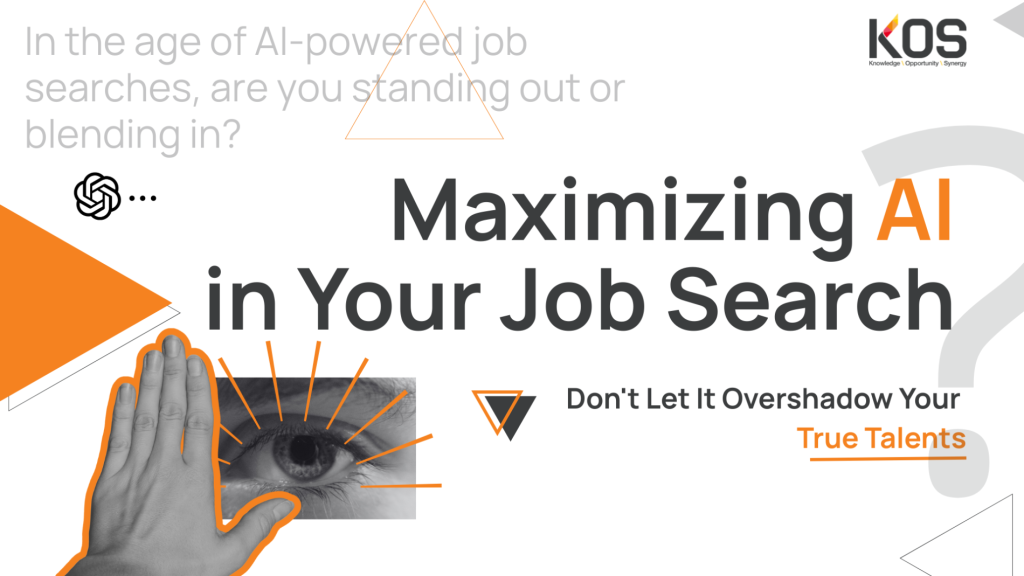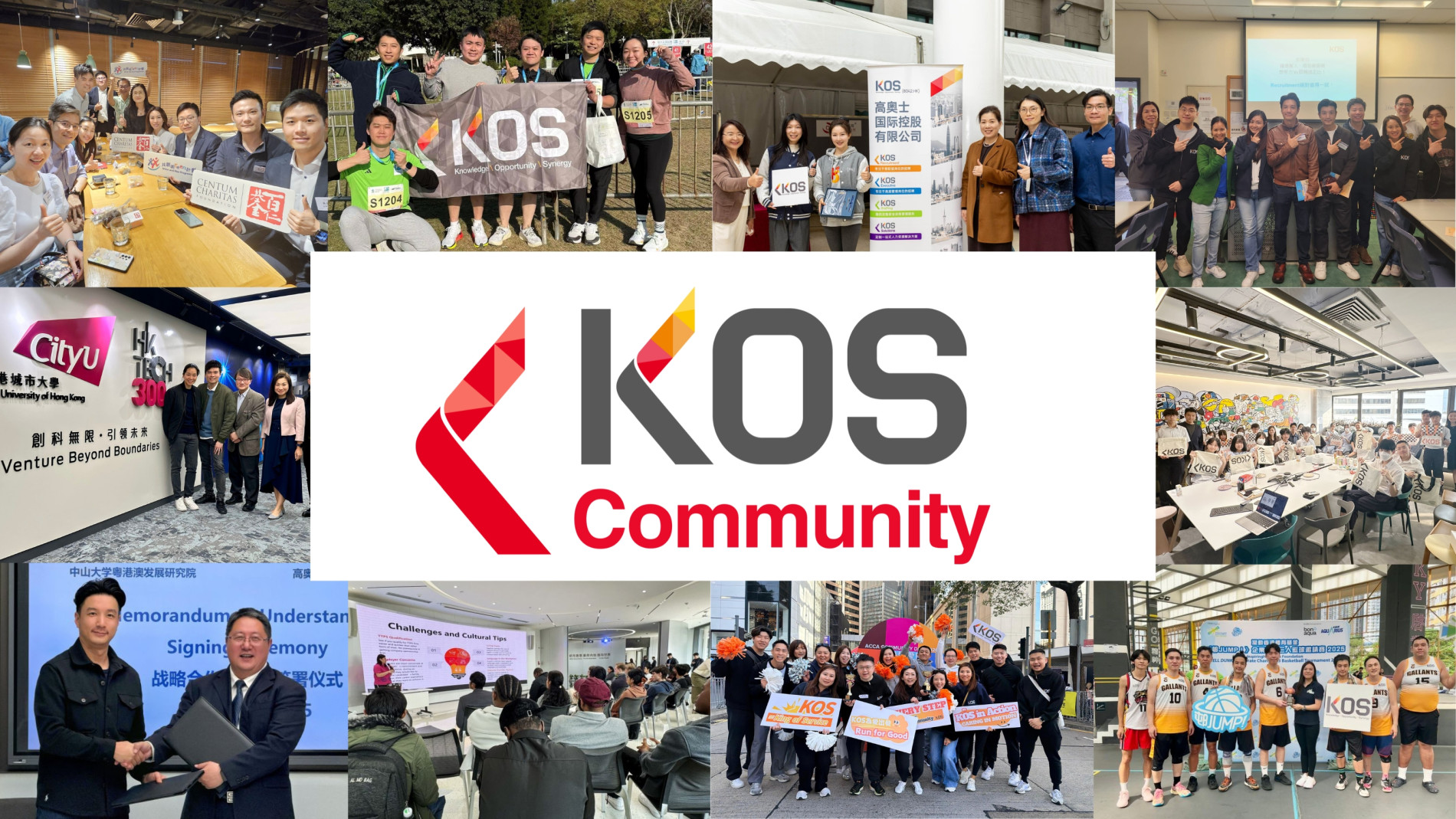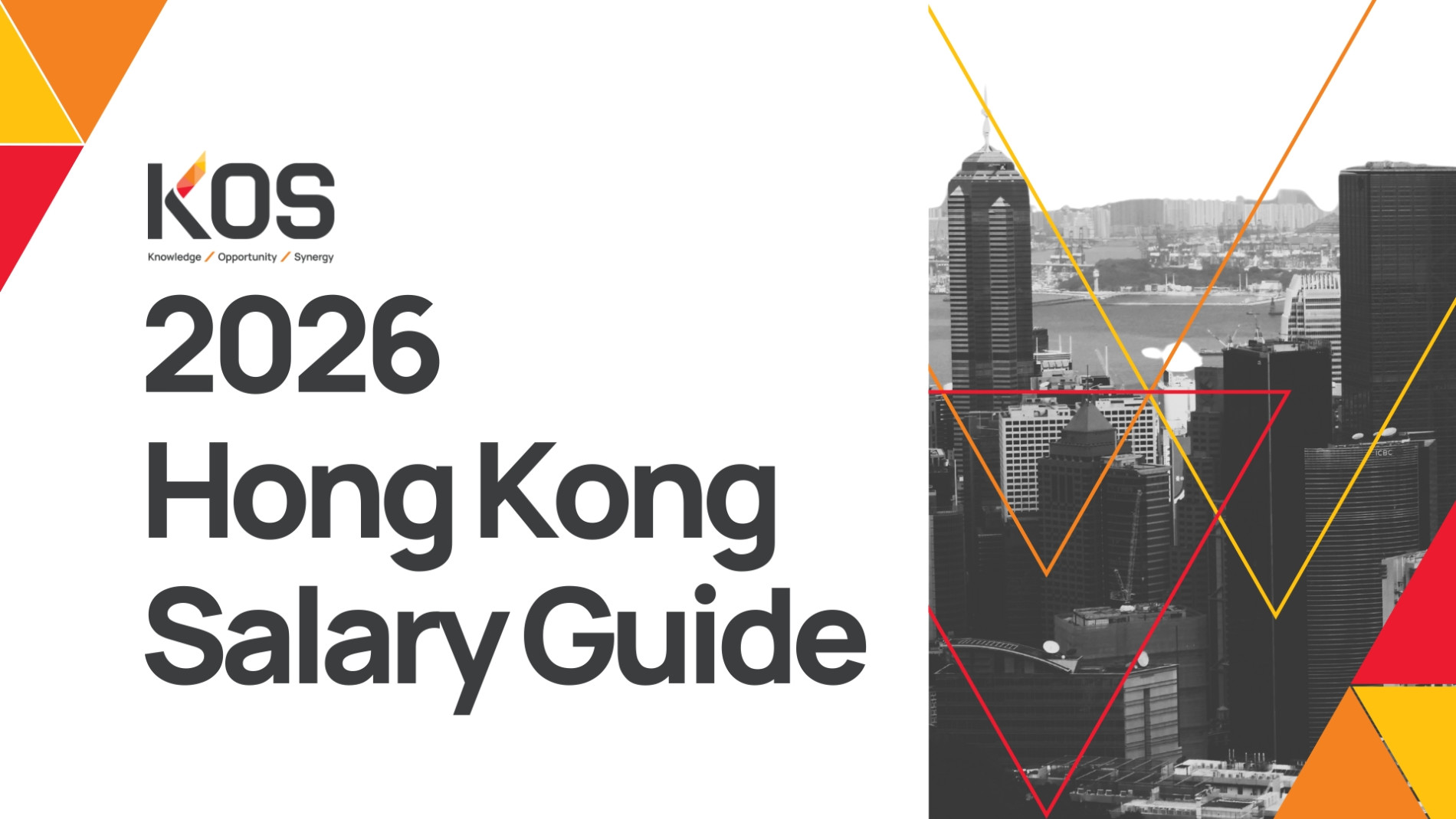Maximizing AI in Your Job Search: Don’t Let It Overshadow Your True Talents
9 mins read

In today’s job market, AI has become a go-to tool for many job seekers. Upload your old resume and a job description (JD) to ChatGPT, and within minutes, you’ll have a polished draft boasting phrases like “proficient in core skills” or “spearheaded project execution.” Mock interviews are just as easy. Input “product manager interview questions,” and AI can play the role of interviewer, offering tailored feedback.
AI seems like a time-saver, but many users soon notice a catch. Resumes are becoming increasingly similar, often filled with vague or exaggerated language. HR professionals report that over half of the resumes they receive show clear signs of AI generation, making it difficult to discern genuine talent.
According to Harvard Business Review, 83% of companies now use AI to screen resumes. When job seekers use AI to craft resumes and companies use AI to filter them, the process becomes a game of “AI versus AI.”
1. The AI Job Search Challenge: When Everyone’s Using It
Consider a job seeker who used AI to revise their resume three times. Despite adding impressive-sounding phrases like “proficient in data analysis tools” and “spearheaded user acquisition projects reaching 5000+ users,” they received only two interview invitations out of ten applications. An HR professional explained: “Everyone’s using AI, so resumes look nearly identical. If an application feels overly formulaic, it’s likely to be overlooked.” The issue isn’t a lack of ability—it’s that candidates don’t take the time to articulate their unique experiences.
This challenge extends to interviews. An operations professional practiced for every conceivable question using an AI mock interview tool, from “How do you drive user growth?” to “Describe a time you failed.” But in the actual interview, the hiring manager asked, “The campaign you mentioned didn’t hit its user retention targets. How did you pivot your strategy in real-time?” He froze. AI hadn’t prepared him for that kind of specific, on-the-spot problem-solving, and he hadn’t deeply reflected on it himself.
Employers face similar frustrations. An HR manager hiring for technical roles noted that many resumes list generic skills like ‘proficiency in Python’ without detailing complex projects or problem-solving achievements, necessitating time-consuming interview rounds.
2.The AI Trap: Don’t Let It Mask Your True Abilities
AI-generated content often lacks the specific details that make a candidate stand out. For instance, a software developer’s AI-written resume claimed “participation in core system development,” but when pressed for details in an interview, the candidate struggled to articulate their exact role or quantify improvements.
Soft skills are another blind spot for AI. Without specific, detailed prompts about your experiences, AI cannot generate compelling narratives about how you “resolved cross-departmental conflicts” or “drove a stalled project forward.” Yet, these are precisely the abilities that set candidates apart. A marketing applicant’s resume boasted “excellent communication and teamwork skills.” When asked for an example, he could only muster, “I generally have a good relationship with my colleagues, and our projects run smoothly.” Unsurprisingly, he did not get the offer.
Because AI relies on data models, terms like ‘responsible for,’ ‘participated in,’ and ‘optimized’ appear repeatedly, creating uniformity. This uniformity can cause high-potential candidates to be overlooked by algorithmic screening processes.
3.How to Use AI Strategically: Make It Your Assistant, Not the Star
The key is to use AI as a tool, not a replacement for your unique insights and experiences. Here’s how successful job seekers are leveraging AI effectively:
a.Use AI for Career Planning: Feed It Details, Don’t Ask for Standard Answers.
A developer looking to transition into product management didn’t just ask AI for “career advice.” Instead, he engaged in a detailed dialogue, feeding it specifics: “I have 3 years of back-end experience, have participated in user requirement reviews, and enjoy discussing needs with the business team.” He then asked, “Given my background, what skills should I acquire to become a Product Manager in 2025? What roles would be a good fit?” AI provided three tailored paths: B2B Product Manager (leveraging his technical background), Data Product Manager (requiring upskilling in analytics), and SaaS Product Manager (high market demand). This strategic approach is far more effective than a generic query.
b.Job Search: Let AI Filter, Then Dig Deeper
Recruitment platforms with AI features (like LinkedIn) are excellent for identifying matched opportunities. But don’t just click “apply.” A candidate we know was recommended an operations role at a tech company. Instead of applying directly, she researched the position and found the hiring manager on LinkedIn. She sent a personalized message: “I saw your team is hiring for an Operations role. In my previous position, I ran a user operations project that grew our platform by 20,000 fans, and I’d love to learn more about your team’s specific needs.” The manager was impressed, replied, and provided an internal referral. She got the job. Remember: AI finds potential opportunities; your job is to make them a reality.
c.Company and Industry Research
Demonstrating genuine interest and commercial acumen is critical. Use AI as your high-speed research analyst. Input prompts like, “Analyze the Q2 2025 earnings report for Company X” to quickly grasp business priorities and pain points. This allows you to prepare insightful questions and anticipate queries about your fit for the role, ensuring your answers are substantive, not hollow.
d.Edit Your Resume: AI Builds the Frame, You Add the Unique Details.
After letting AI generate a first draft, your work begins. Infuse it with specific, quantifiable project details.
• AI writes: “Responsible for community management.”
• You revise: “Managed 3 user communities totaling 2,000 members. By delivering bi-weekly expert content, I increased the monthly active user rate from 40% to 65%.”
• AI writes: “Participated in event planning.”
• You revise: “Co-led the promotional campaign, owning all copywriting and user outreach. This initiative drove a $300,000 month-over-month increase in sales.”
e.Use Mock Interviews for Fundamentals, but Prepare Your Own Signature Questions.
AI is great for practicing standard questions like “Why do you want to work here?” But to truly stand out, prepare thoughtful, personalized questions. One candidate interviewing for a Product Manager role asked, “I noticed your company recently launched Feature X, and some user feedback suggests the workflow is a bit complex. What are your team’s thoughts on optimizing that experience?” The interviewer praised the question, noting it showed deep engagement with their product. The candidate received the offer.
f.Salary Negotiation: AI Provides Data, You Highlight Value
Use AI salary tools and KOS International’s salary reports to understand the market range for your role (e.g., “A B2B Product Manager with 3 years of experience in Beijing earns between 25-35K”). But when you negotiate, lead with your value. Instead of just stating a number, one candidate said: “In my last B2B product role, I solved a key customer pain point that not only reduced complaints by 40% but also increased our second-year renewal rate from 50% to 75%. I know your company is focused on expanding its B2B client base, and I can help your team build products that address real-world needs. Considering the market range for my experience level, I am seeking a monthly salary of 30K.” The HR manager, seeing the clear link between his past results and the company’s future goals, readily agreed.
4.A Guide to Avoiding AI Pitfalls
From our experience, here are a few critical “don’ts” for using AI in your job search:
• Don’t Submit AI’s First Draft. Many companies use tools to detect AI-generated content. Also, avoid overly formal or jargon-filled language that doesn’t sound like you. If you normally say “I made reports,” don’t let AI change it to “I architected data visualization workflows.” Authenticity is key.
• Protect your personal information. Choose reputable AI platforms. Never upload sensitive data like your ID number or home address to an unknown website. Crucially, do not use AI to fabricate internships or letters of recommendation. If discovered, it risks long-term reputational harm.
• Don’t Let AI Make Decisions for You. Use AI-generated recommendations as data points, not directives. One candidate was told by AI to become a data analyst due to high demand, but he disliked working with data. He chose to pursue his passion for content marketing instead and is now thriving in his career.
Final Thoughts
In the past, job seekers relied on handwritten resumes and career fairs. Today, many rely on AI. But no matter how much the technology changes, the core of recruitment remains the same: companies are looking for people who can solve problems, and candidates need to demonstrate their unique ability to do so.
At KOS, we’ve seen both sides. Some candidates use AI to free up time to sharpen their skills and deepen their industry knowledge. Others become so reliant on it that they can no longer articulate their own stories.
If you are on the job market, don’t treat AI as a silver bullet, but don’t be afraid to wield it as a tool. Let it handle repetitive tasks so you can invest your energy where it truly matters: in showcasing the authentic, capable professional you are. After all, what truly impresses a hiring manager is never the boilerplate text from an algorithm, but the real work you’ve done and the thoughtful questions you’ve asked.
If you are navigating your job search and need help standing out in a world of AI-driven homogeneity, or require specialized insights into sectors like Finance, Technology, or Real Estate in the Hong Kong SAR and beyond, the professional team at KOS International is here to help.
Contact us now: https://www.kos-intl.com/contact-us/
With years of deep expertise in the global recruitment market, we are committed to leveraging market intelligence and AI trends to provide practical, insightful training and personalized career guidance, helping you efficiently secure your ideal offer.
Latest News
View All
12.02.26
Company News
Unveiling KOS Community! Driving Social Impact Through Talent, Action and Partnerships
We’re excited to introduce KOS Community, a dedicated sub-brand all about giving back to our c...


06.01.26
Insight, Market Insights
KOS 2026 Hong Kong SAR Salary Guide: Navigate with Confidence
As we enter 2026, Hong Kong SAR’s talent market is undergoing cautious recovery alongside structur...

 Hong Kong SAR
Hong Kong SAR  Macau SAR
Macau SAR  Singapore
Singapore  Mainland China
Mainland China 
 Recruitment
Recruitment  Staffing
Staffing  Executive
Executive  Solutions
Solutions  Back
Back 